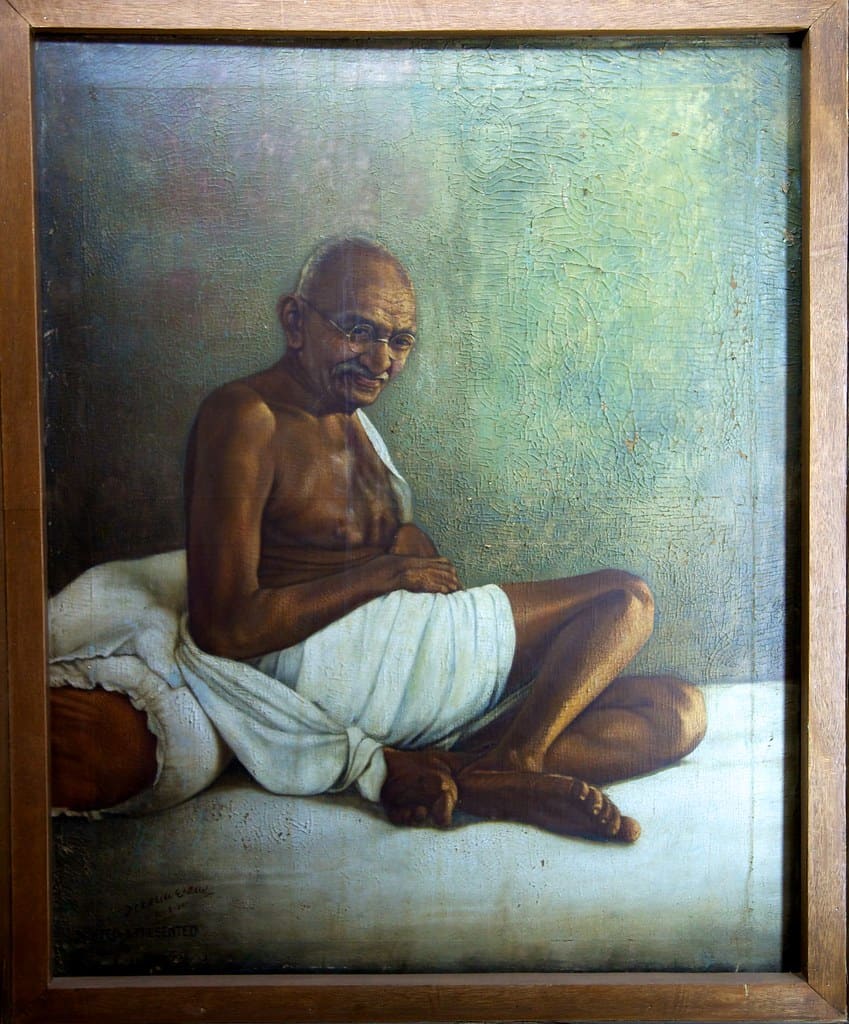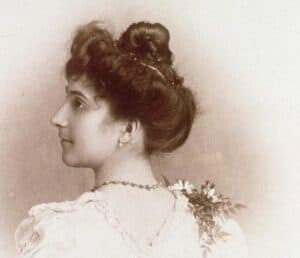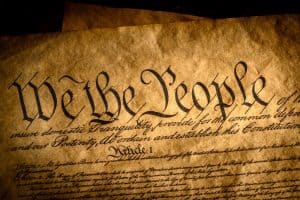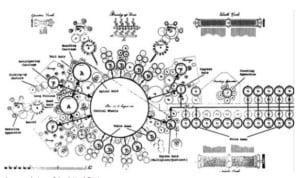Few leaders embodied the notions of peace and civility like Mahatma Gandhi. His means of civil disobedience won India its independence without a single trigger pulled against the English. You don’t achieve that sort of peaceful demeanor without a few choice remarks to say about the matter.
Service
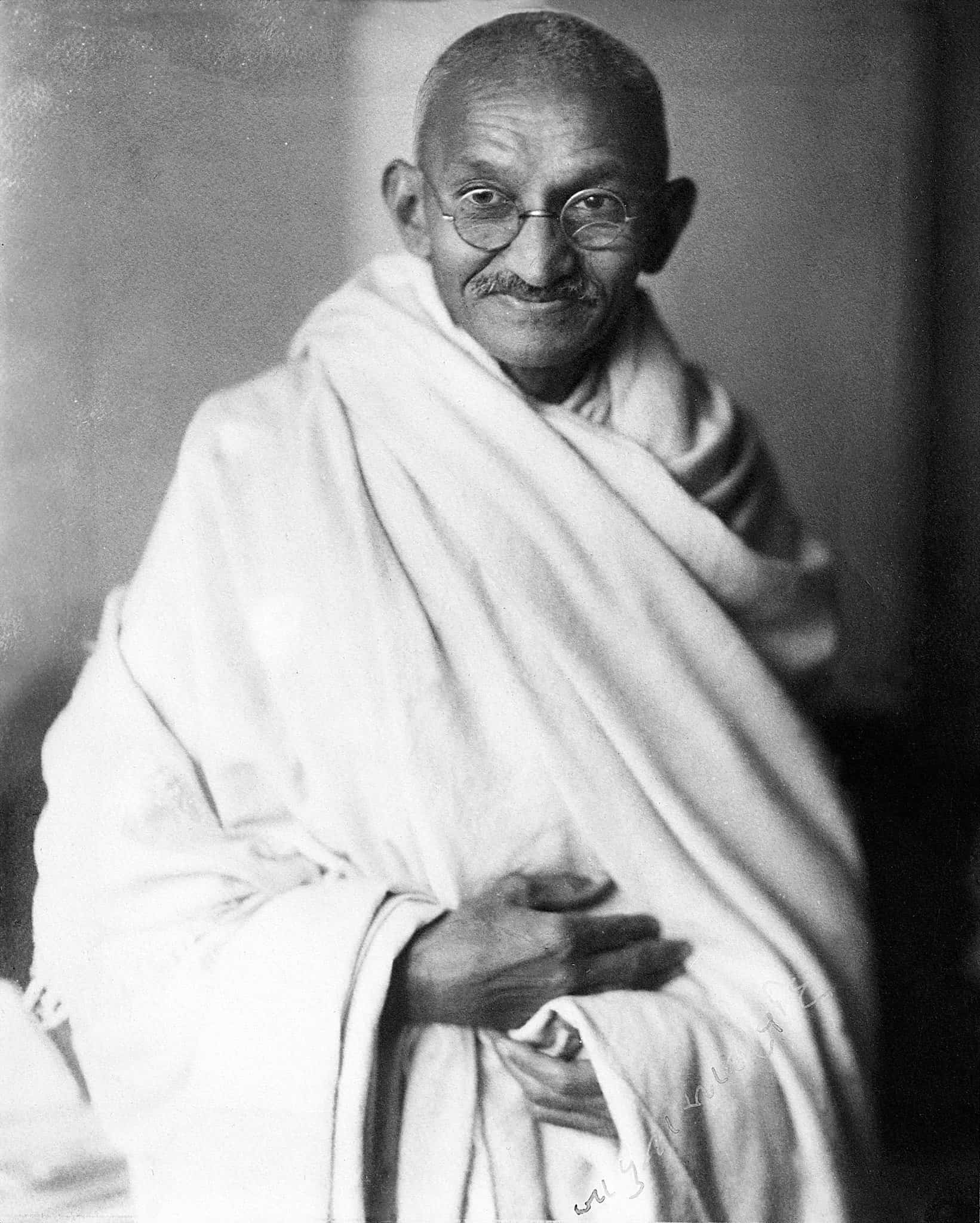
“The best way to find yourself is to lose yourself in the service of others.”
Mahatma Gandhi originally was a lawyer, so this quote makes sense given the greater context of his life.
Change
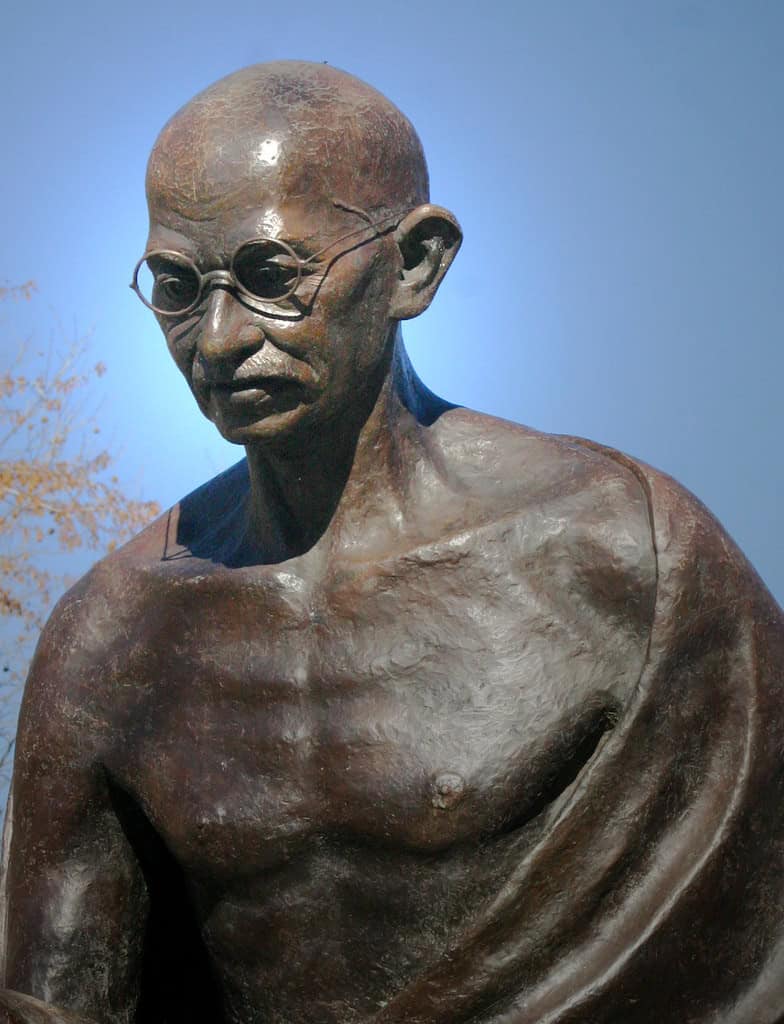
“You must be the change you wish to see in the world.”
Gandhi strove for an independent India, a change he welcomed to the world without firing a single rifle or throwing a bomb.
Gentleness
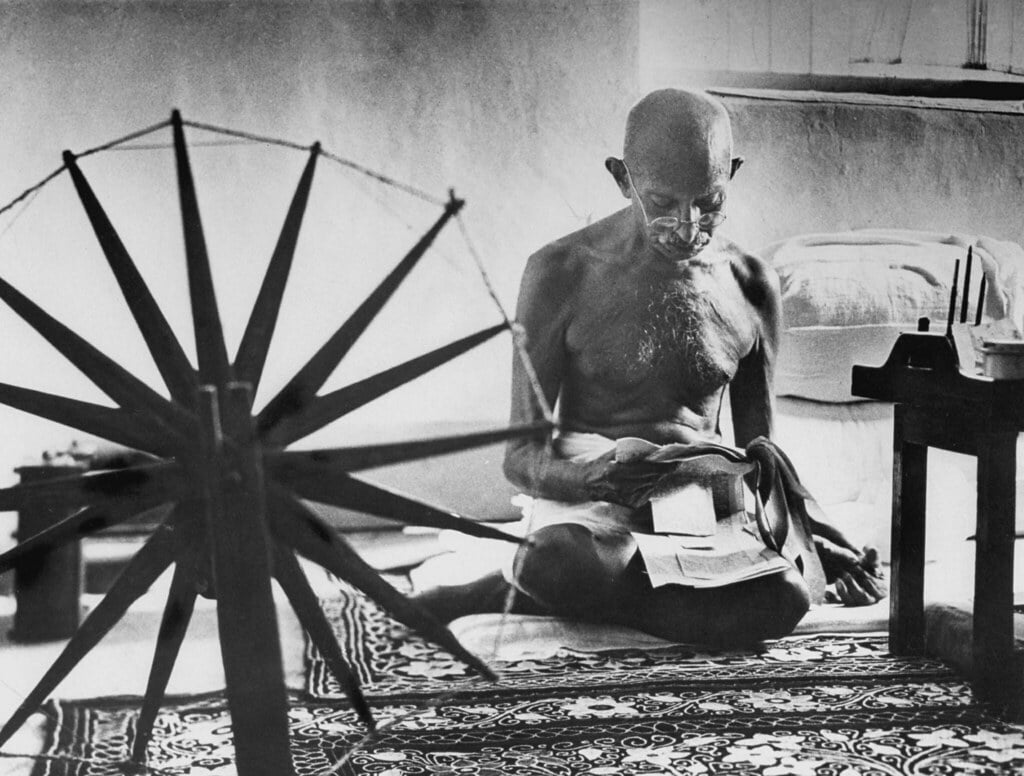
“In a gentle way, you can shake the world.”
Mahatma Gandhi’s civil disobedience proved fairly effective, using non-violent means to protest oppressive actions by the British.
Non-violence
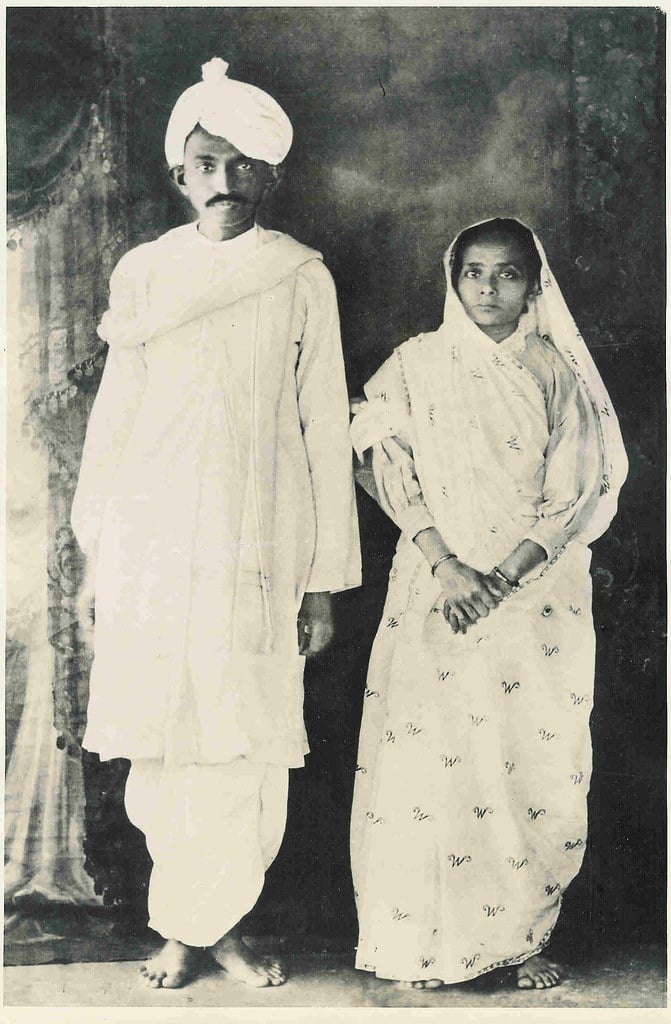
“Non-violence is the greatest force at the disposal of mankind. It is mightier than the mightiest weapon of destruction devised by the ingenuity of man.”
There may be a point to this, as Gandhi and Dr. Martin Luther King Jr. both used the same principles of non-violence to get the results desired for their people.
Honor
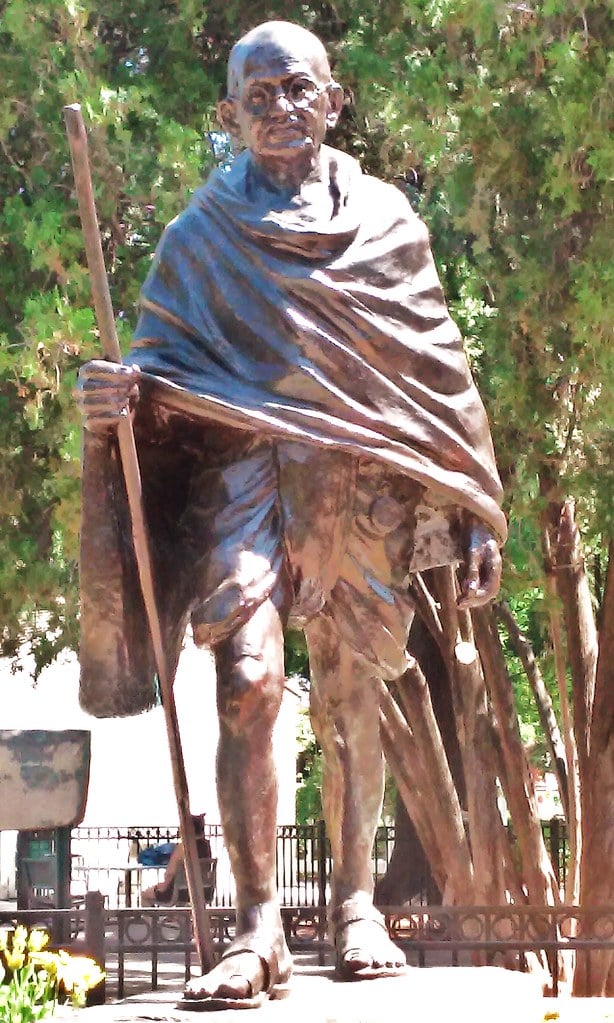
“It has always been a mystery to me how men can feel themselves honored by the humiliation of their fellow beings.”
This quote seems almost biting given the history of the British Raj. Mahatma Gandhi would’ve been keenly aware of what the British had done in his homeland since they took control.
Will
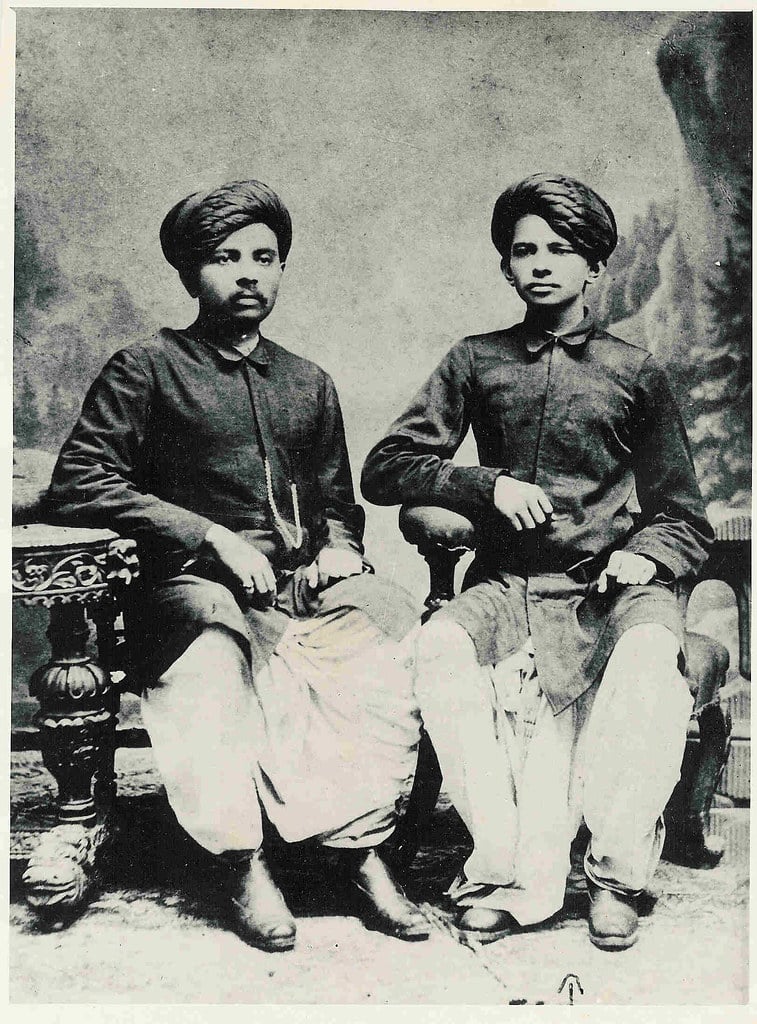
“Strength does not come from physical capacity. It comes from an indomitable will.”
Willpower has a strength far beyond muscles, something Mahatma Gandhi demonstrated through countless arrests and organizing events like the Dandi Salt March in 1930.
Sacrifice
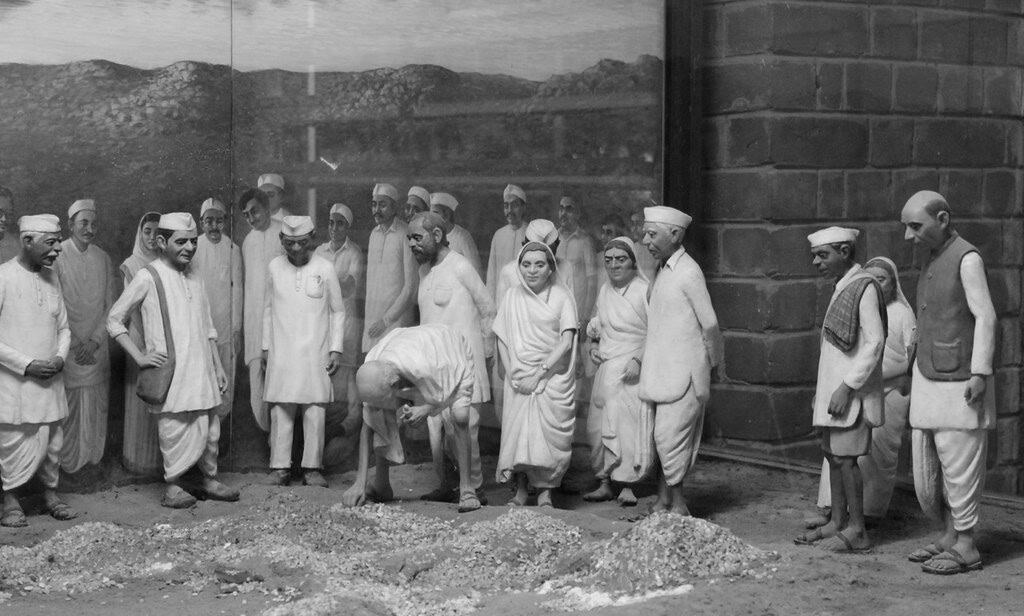
“Man lives freely only by his readiness to die if need be, at the hands of his brother, never by killing him.”
We see the notion of non-violence that pervades everything Mahatma Gandhi strove for in this quote. It isn’t a willingness to die that makes someone free, but a willingness to die without retaliating toward a violent act.
Truth
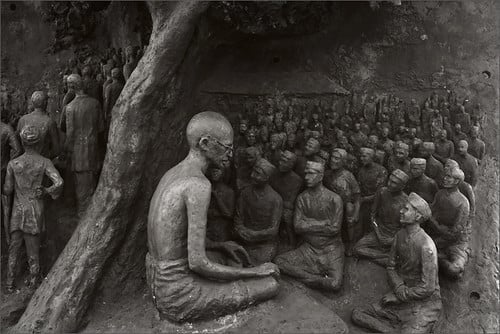
“Non-violence and truth are inseparable and presuppose one another.”
I wouldn’t go so far as to say these two principles are inseparable, but I see the merit in suggesting it.
Christ
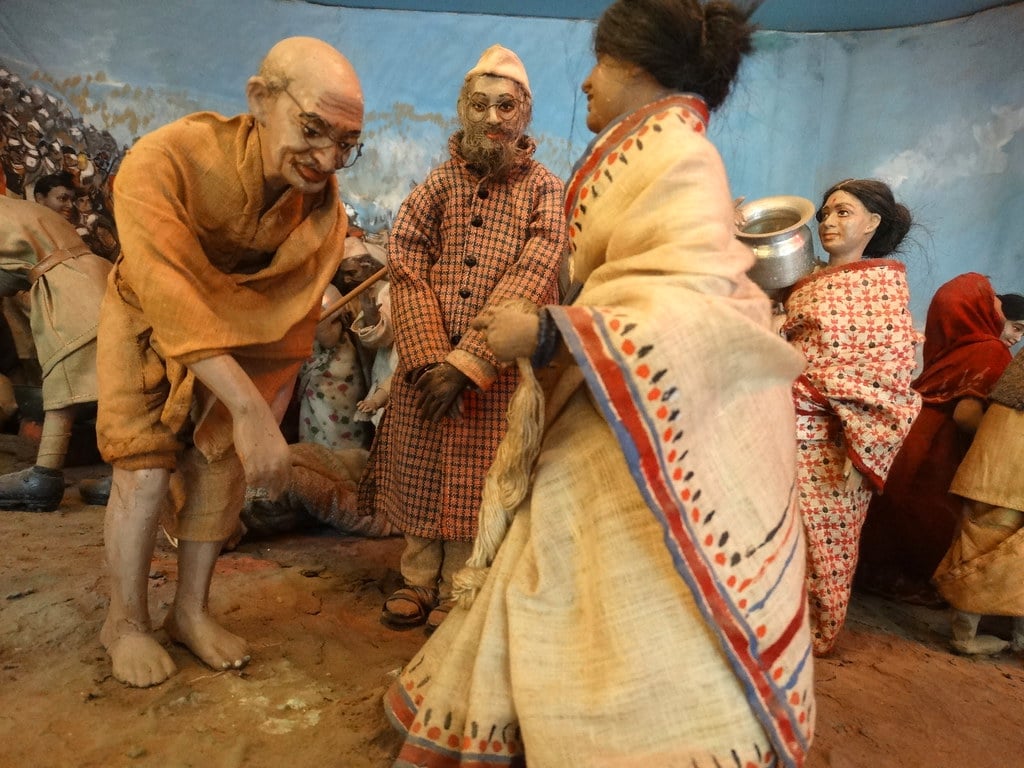
“I did one seriously think of embracing the Christian faith. The gentle figure of Christ, so full of forgiveness that he taught his followers not to retaliate when abused or struck, but to turn the other cheek – I thought it was a beautiful example of the perfect man.”
I find this quote interesting because Christianity doesn’t have much representation in India. Mahatma Gandhi sought out these teachings to instruct himself, rather than being immersed in them from the start culturally.
Freedom
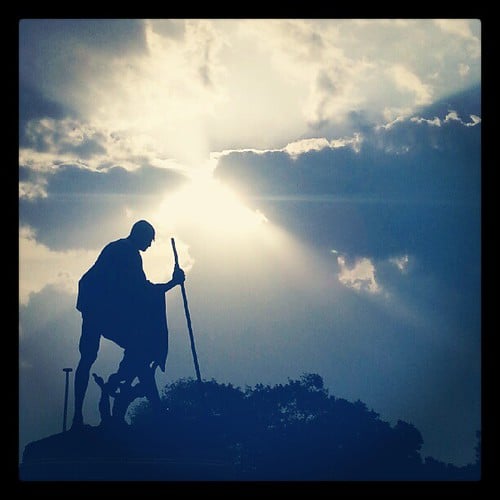
“Violent means will give violent freedom. That would be a menace to the world and to India herself.”
While the goal was India’s independence, many nations would have chosen a violent method to attain it. The world had already seen the October Revolution in the Soviet Union take place. It was important for the followers of Mahatma Gandhi to seek a means of bringing change peacefully.
Peace
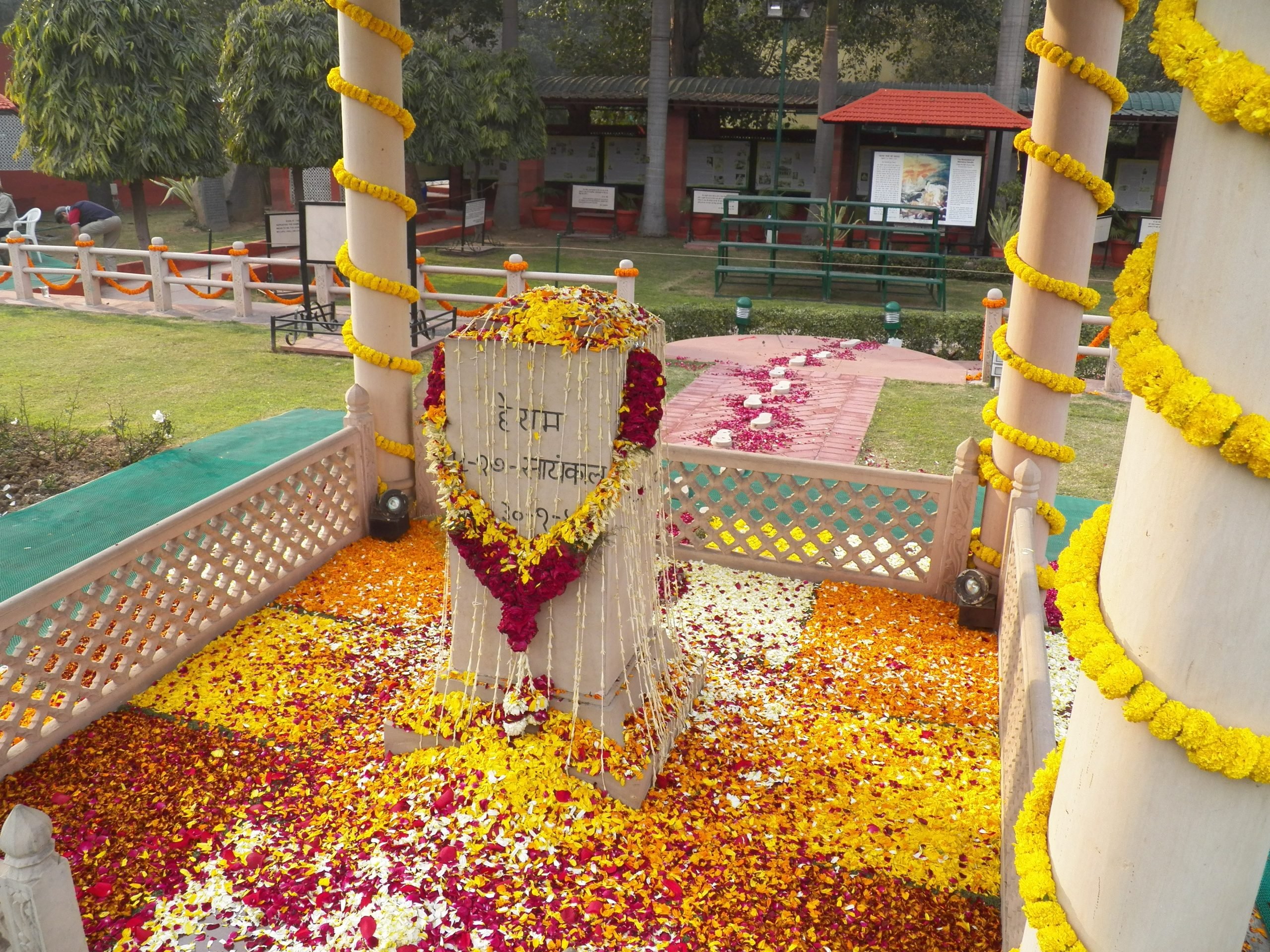
“Non-violence is not a garment to be put on and off at will. Its seat is in the heart, and it must be an inseparable part of our being.”
It could have been easy to fall into using weapons and violent means to spur a revolution in India, but ultimately Mahatma Gandhi and his followers staged hunger strikes and other non-violent aims to achieve independence.
The image featured at the top of this post is ©"Gandhi Portrait" by Hobbit_71 is licensed under BY-SA 2.0..
